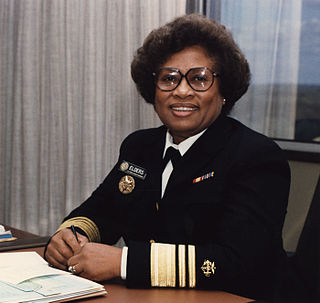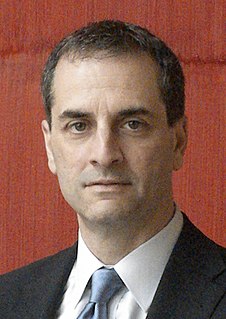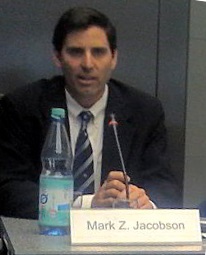A Quote by Charles Eisenstein
The present convergence of crises - in money, energy, education, health, water, soil, climate, politics, the environment, and more - is a birth crisis, expelling us from the old world into a new.
Related Quotes
Furthermore, we believe that health care reform, again I said at the beginning of my remarks, that we sent the three pillars that the President's economic stabilization and job creation initiatives were education and innovation - innovation begins in the classroom - clean energy and climate, addressing the climate issues in an innovative way to keep us number one and competitive in the world with the new technology, and the third, first among equals I may say, is health care, health insurance reform.
What we face in Canada are multiple overlapping crises. We have the climate crisis, which is screaming down on us - all of the predictions are coming true even faster than the scientists thought. We have the inequality crisis, where the Panama Papers are a great reminder that the one per cent have actually created their own economy. We still have the crisis of child poverty, which has never been dealt with despite decades of concerned words from politicians.
Real change doesn't come without crisis. Childbirth doesn't come without crisis. I think that's happening with humanity now. Our growth has generated multiple crises...and these are the contractions that are propelling us into a new world, whether we like it or not, but I think we're going to like it.
Egypt's priorities in fact are all related to the environment: food, water, health, energy, employment and education. Egypt is facing some very serious environmental challenges. The country has limited natural resources and has to decide how to manage these to meet the needs of a growing population.

































